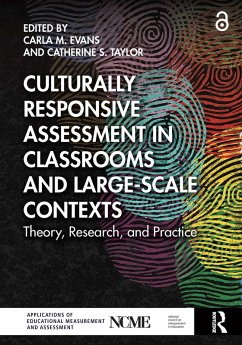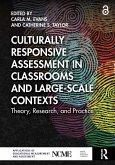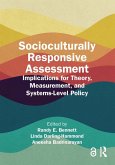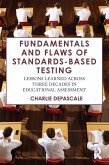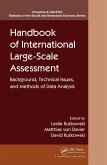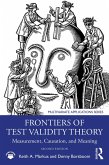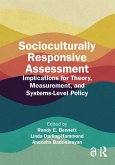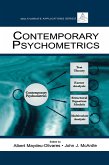Culturally Responsive Assessment in Classrooms and Large-Scale Contexts explores how scholars and professionals in educational measurement and assessment can use the unique cultural and social identities of students to shape assessment purpose, design, implementation, use, and validation processes. Despite the sheer diversity of student populations in the United States, the tools used to understand their performance and progress have not substantively changed in decades. Large-scale testing and related policies still privilege "culturally neutral" test content, standardization, and comparability. Classroom assessments often mimic these procedures, even though rich tasks and activities could easily be incorporated into curriculum and instruction to allow students to see themselves, their interests, communities, beliefs, and backgrounds represented and valued. This book collects the theory, research, and best practices that are essential to ensuring cultural responsiveness in classroom assessment and standardized testing procedures, policies, and practices. Chapters by assessment and measurement experts along with scholars who are experts in sociocultural learning theory, philosophy of education, critical theories, multilingual education, and Indigenous education, summarize findings from existing research and suggest how future research can move classroom and industry practice as well as federal, state, and local policy forward.
Dieser Download kann aus rechtlichen Gründen nur mit Rechnungsadresse in A, B, BG, CY, CZ, D, DK, EW, E, FIN, F, GR, HR, H, IRL, I, LT, L, LR, M, NL, PL, P, R, S, SLO, SK ausgeliefert werden.

